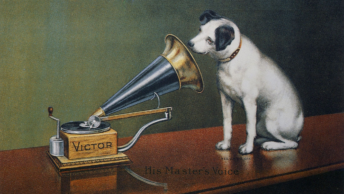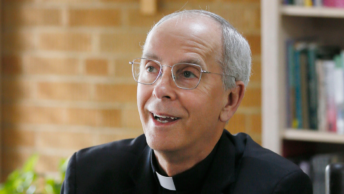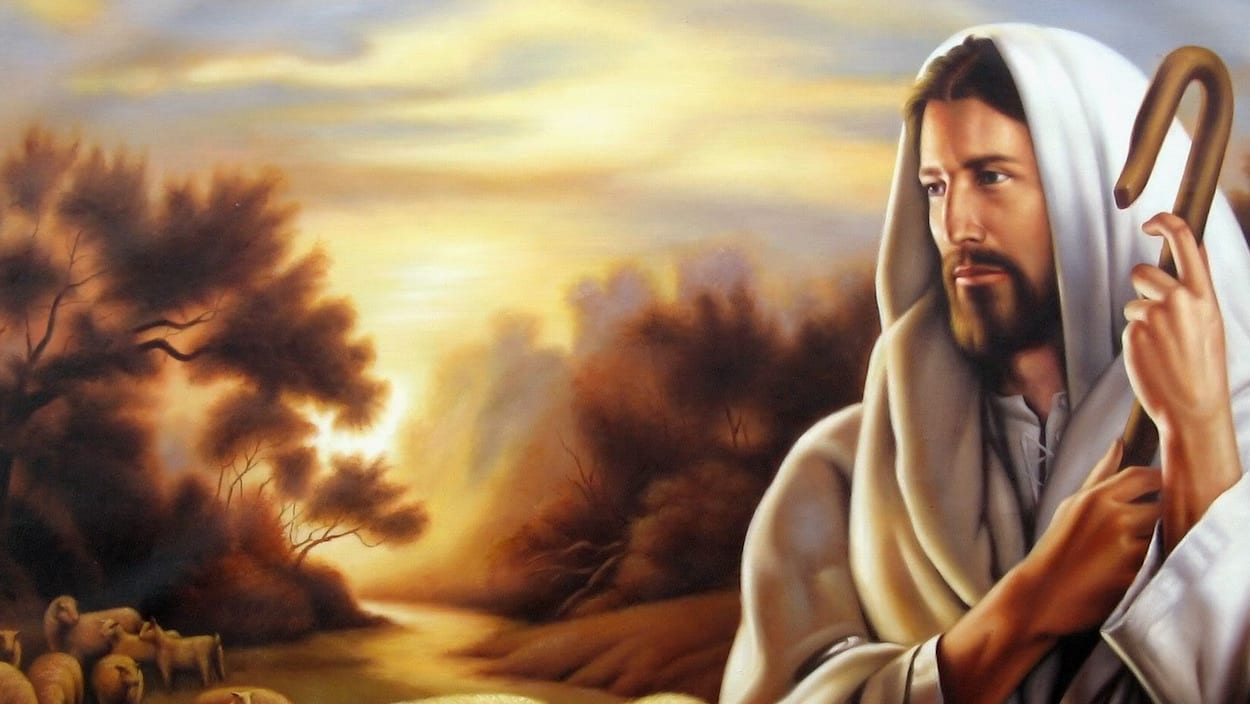In my ministry, I have been blessed to have encountered what I describe as “veteran” married couples. Often times, these couples have spent untold years sharing and caring not only for each other, but also for their children, grandchildren, great-grandchildren, and, indeed, many others who made it to their doorstep. In their lifetime of loving others, they have become a blessing. It has been said that those who give blessings often receive them. For faithful spouses, one of the blessings received comes from their intimacy with one another. Each spouse has come to know the other so well that they not only understand what the other may be thinking in the present moment, but also have a unique awareness regarding their hopes for the future. To put it simply, they have received the blessing of having a best friend. But in reaching for a more perfect pen, perhaps the American poet, Blanche Shoemaker Wagstaff, best sums up the feeling of these spouses for one another:
All paths lead to you, Where e’er I stray, You are the evening star at the end of the day.
On this Fifth Sunday of Lent, however, it is not loving spouses who we find on the scene; but rather, Greek pilgrims who have come to worship at the Passover Feast. But under no circumstances could they have anticipated that their simple inquiry of Philip and Andrew would be of such a profound nature that Jesus would use the opportunity as a pivot-point toward the Passion. If you can’t remember their request, I’ll repeat it once more:
Sir, we would like to see Jesus. (Jn 12:20)
Now scripture scholars have long speculated that these Greek pilgrims approached Philip and Andrew for practical reasons, chief among them that they spoke Greek. In hindsight, one of the early Church Fathers and bishop, Eusebius of Caesarea, informed us that Andrew actually preached the Gospel in the Greek-speaking territory of Asia Minor and the Black Sea region (now Greece, Turkey, and Romania). Although some scholars believe these pilgrims to have been Jewish, others have speculated to the contrary and note that they may have been dignitaries from Ephesus or Antioch. At a deeper level, however, their presence hints at the transition that was occurring from evangelization among the Jews and Samaritans to a Gentile mission that had been underway in the Johannine church. In the end, they provide us with a sign that illuminates the imminent reality that Jesus’ Passion was on the verge of drawing the whole of mankind to Himself.
The first dozen chapters of St. John’s Gospel have come to be known as the Book of Signs and it is within these chapters that Jesus reminds us that His hour is yet to come. However, once we enter into today’s Gospel, a simple inquiry invokes a bold response. For just three verses after those words spoken by the Greek pilgrims, “Sir, we would like to see Jesus,” the Lord announces that His hour has come and proceeds to instruct these guests and others present, including both you and me, the way in which we should live our lives. It is this announcement that is most startling:
The hour has come for the Son of Man to be glorified. Amen, amen, I say to you, unless a grain of wheat falls to the ground and dies, it remains just a grain of wheat; but if it dies, it produces much fruit. (Jn 12:23-24)
We can imagine Jesus holding a seed in His hands and illustrating the mystery of life. After entrusting the seed to fertile soil, the skin encasing it splits open, the seed splits into two and and the stem and root unfurl. Gradually, the seed grows smaller as it nourishes the new plant. Eventually, the seed disappears altogether and a new reality unfolds!
Yes, that tiny seed represents each moment of our lives. From moment to moment, we are called to join ourselves to God’s Divine Will and to ask Him to reveal His plan for our lives. Like the Greeks, we should constantly repeat the words: “I want to see Jesus.” For it is Jesus who has given us life. And in giving it to us, He asks that we do something with it. In certain moments, that may mean that we are called to render unto another an act of assistance, kindness, or love. In other moments, that may mean standing up for Jesus in an increasingly secularized culture and demand that Jesus be known. And in still another, it may mean that we wait patiently and quietly, thereby allowing Him to change us from merely one who prays into a prayerful person.
Like the married couples who come to know each other’s thoughts before even one word has been spoken, may our relationship with Jesus Christ, our friend, grow into much more. During these remaining days of Lent, may we journey with Him to the Cross and see in our lives our connection to it. In our desire to see Jesus in every moment of our lives, may we constantly pray that…
All paths lead to you, Where e’er I stray, You are the evening star at the end of the day.








